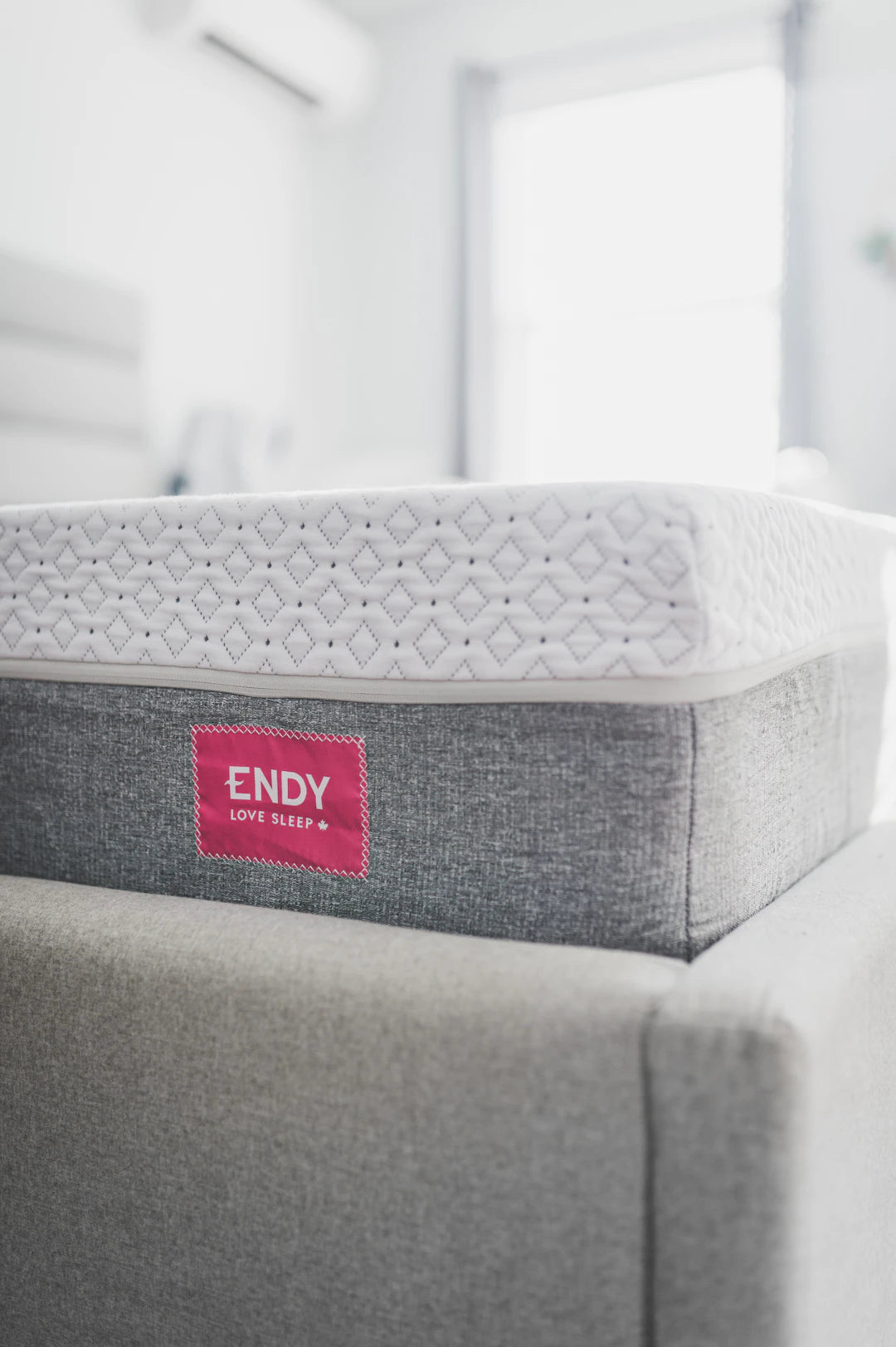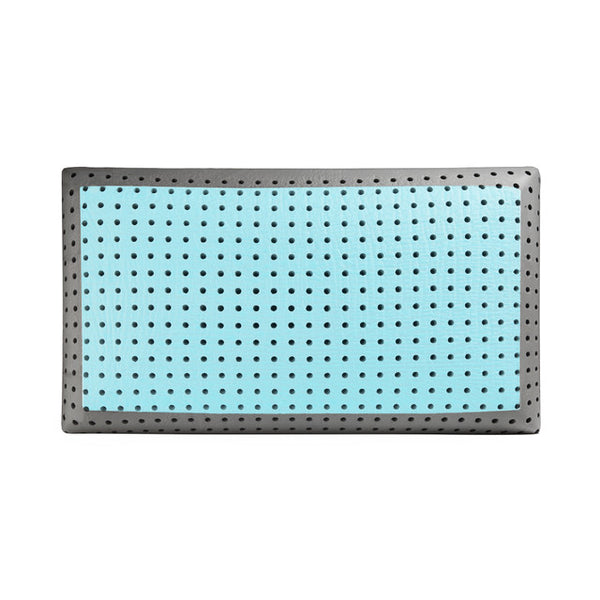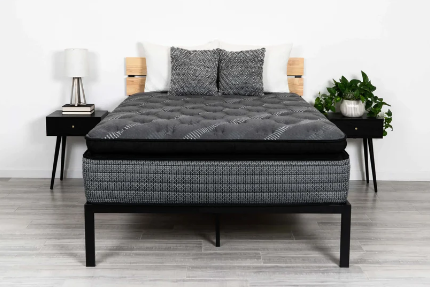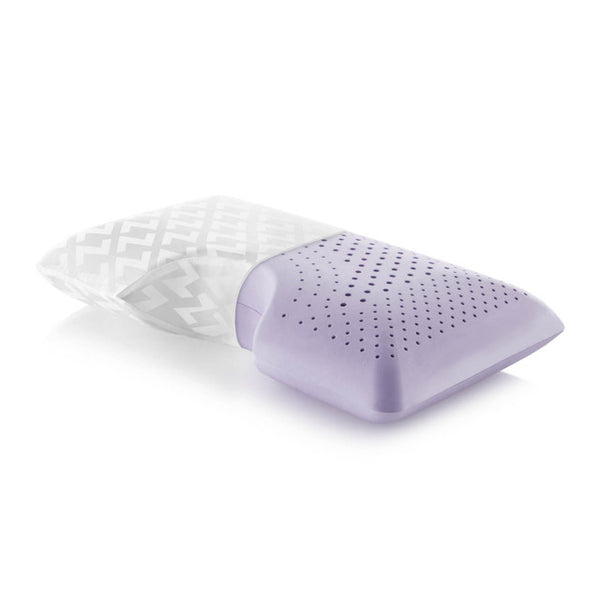
Overview
Replace your mattress every 7 to 10 years, depending on material and maintenance. Look for signs like discomfort, visible wear, allergies, or odors to know when it's time for a new one. Extend your mattress's life by regularly rotating it, keeping it clean, and investing in a good foundation. Consider comfort, material, and budget when choosing a replacement, and enhance your sleep routine for better rest.
Frequently Asked Questions
1. How often should I replace my mattress?
2. What signs indicate it's time for a new mattress?
3. What factors affect the lifespan of a mattress?
4. How can I extend the life of my mattress?
5. What should I consider when choosing a new mattress?
A good night's sleep is essential for overall wellbeing, and your mattress plays a crucial role in achieving that restful slumber. But how do you know when it's time to replace your mattress? In this comprehensive guide, we'll explore the factors affecting mattress longevity, the signs to look for when determining if it’s time for an upgrade, and tips on how often you should truly consider replacing your mattress. Prepare yourself for a healthier, more restful night's sleep!
Understanding Mattress Lifespan
The lifespan of a mattress can vary significantly based on various factors like materials, usage, and maintenance. Generally, you should aim to replace your mattress every 7 to 10 years. However, this can be influenced by several elements:
Material Matters
Different materials have varying durability. For instance, memory foam mattresses typically offer about 8 to 10 years of use before needing a replacement, while innerspring mattresses often last around 5 to 7 years. Latex mattresses can provide longevity up to 15 years if well cared for.
Usage Patterns
The frequency of use also impacts how long your mattress will last. A mattress used solely for guest rooms may last longer than one used daily. Factors like body weight and sleeping positions will also put different amounts of stress on the materials.
Maintenance and Care
How you maintain your mattress matters too. Regular cleaning, rotation, and the use of a mattress protector can extend its life significantly. Investing in quality materials and proper care will ensure that your mattress serves you well into the later years.
Signs It's Time for a New Mattress
Now that we understand the factors influencing mattress lifespan, let’s dive into the signs that indicate it may be time for an upgrade:
Uncomfortable Sleep Experience
If you frequently wake up with aches and pains or feel unrested after a full night’s sleep, your mattress might be the culprit. An uncomfortable mattress fails to provide adequate support, which crucially affects your rest quality.
Visible Wear and Tear
Physical signs of wear, such as sagging, lumps, and frayed edges, indicate that your mattress is nearing the end of its life. A mattress should ideally maintain its shape and support. If you notice any visible damage, it may be a sign that it's time for a replacement.
Increased Allergies or Asthma
Your mattress can harbor allergens like dust mites, mold, and pet dander over time. If you notice a rise in allergy symptoms or asthma issues while sleeping, your mattress may be contributing to the problem. Consider replacing it and opting for materials known for their hypoallergenic properties.
Smells and Odors
Odors emanating from your mattress can indicate accumulated moisture or bacteria. If you notice a persistent smell even after cleaning your mattress, it may be time to invest in a new one, particularly if the odors are affecting your sleep quality.
Factors Influencing Replacement Frequency
Here, we’ll take a closer look at some particular influencing factors regarding how often you should replace your mattress:
Weight and Sleep Position
Your weight and preferred sleeping position can affect how quickly a mattress wears out. Heavier individuals generally put more pressure on a mattress, causing it to deteriorate more rapidly. Similarly, certain sleep positions may lead to uneven wear in specific areas of the mattress, increasing the likelihood of sagging.
Quality of Materials
The initial quality of the materials used in your mattress can significantly impact its lifespan. High-density foams, organic latex, and well-constructed innerspring mattresses tend to last longer. Choose a mattress made with quality materials for an investment that pays off in terms of durability.
Sleep Environment
Your sleep environment plays a role in mattress longevity too. High humidity and temperature fluctuations can encourage the growth of mold and bacteria, which may shorten your mattress's lifespan. Consider maintaining a comfortable sleep environment to enhance your mattress’s longevity.
How to Extend the Life of Your Mattress
While it’s essential to know when to replace your mattress, extending its lifespan can save you money and ensure better sleep quality. Here are some useful tips:
Regularly Rotate Your Mattress
Most mattresses benefit from being rotated regularly—ideally every three to six months. This helps distribute the wear evenly and can prolong its life by preventing sagging in specific areas.
Keep It Clean
Optimize mattress hygiene by using a mattress protector and regularly cleaning your mattress according to manufacturers' instructions. Vacuuming it periodically will help eliminate dust, debris, and potential allergens.
Avoid Jumping or Sitting on Edges
While it’s tempting to jump onto your bed or sit on the edges, doing so puts undue stress on the mattress structure. Be mindful of how you treat your mattress to prevent unnecessary wear.
Invest in a Good Foundation
A high-quality mattress foundation or box spring is essential for maintaining support and durability. Ensure your foundation complements your mattress type to maximize its life.
Finding the Right Mattress Replacement
If you've determined that it’s time to replace your mattress, choosing the right new one is crucial for your overall sleep experience. Here are some factors to consider:
Comfort Levels
When shopping for a new mattress, prioritize comfort. Each person has unique comfort preferences based on sleeping positions and body types. Testing multiple mattresses in-store or opting for online retailers that offer sleep trials can help you find the perfect fit.
Material Preference
Consider the materials your new mattress will be made of carefully. Memory foam, latex, and hybrid options each have unique properties and benefits. Choose the one that aligns with your personal comfort and support preferences.
Budget Considerations
Investing in a quality mattress is worthwhile but ensure it fits within your budget. A higher price tag does not always guarantee a better product. Research thoroughly and read customer reviews to ensure you're making a well-informed decision.
Rethink Your Sleep Routine
A mattress is undoubtedly a significant part of your sleep routine, but it’s not the only factor. Consider revisiting other aspects of your sleep habits to further enhance your rest:
Establish a Sleep Schedule
Going to bed and waking up at consistent times helps regulate your body’s internal clock, promoting better quality sleep. Try to stick to your schedule, even on weekends.
Create a Relaxing Sleep Environment
Your sleep environment should be dark, quiet, and cool. Control ambient noise, temperature, and light to create a cocoon-like area for restful slumber. Avoid screen time before bed to ease into a peaceful sleep.
Mindfulness and Relaxation Techniques
Incorporate mindfulness or relaxation techniques, such as meditation or deep-breathing exercises, into your bedtime routine. Such practices can enhance sleep quality while reducing stress levels.
Your Road to Restful Nights
Knowing when and how often to replace your mattress is vital for maintaining good sleep hygiene and overall health. Remember that a high-quality mattress is an investment in your health and wellbeing. By being aware of the signs of degradation and taking care of your investment, you can continue to enjoy restorative nights for years to come. So, take a moment to evaluate your current mattress situation, incorporate the tips in this guide, and embark on a journey toward better sleep and enhanced vitality!







